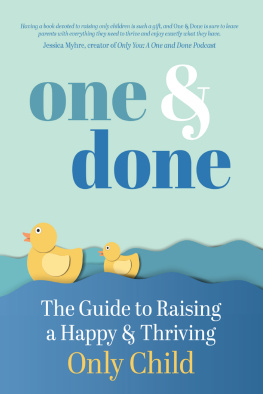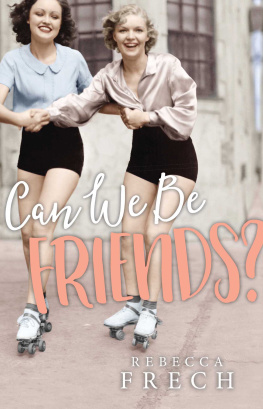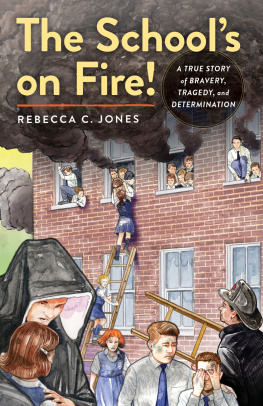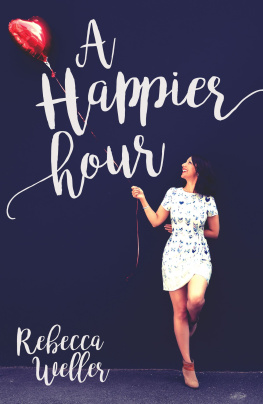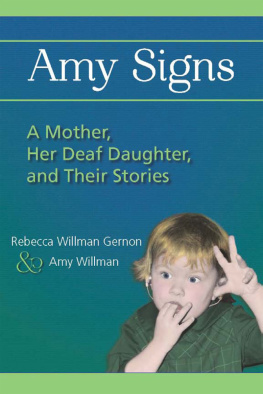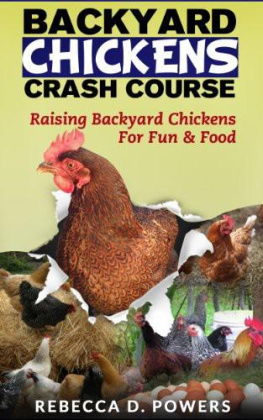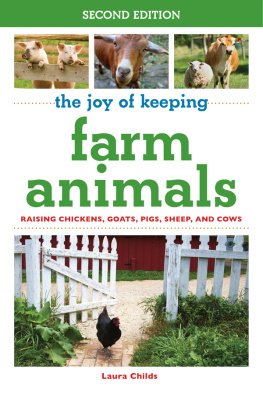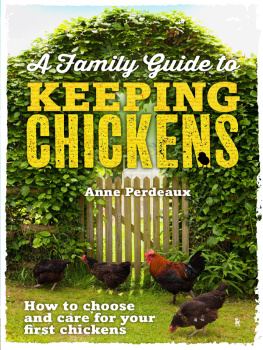PRAISE FOR
PROHIBITION WINE

As a feminist and aging activist, I found Prohibition Wine compelling. This book highlights the importance of giving voice to womens stories as part of American history. It is relevant today as current generations of immigrant women rise up to the challenges of life. It touches the lives of all of us across multiple generations as we all cope with the pandemic challenges. Prohibition Wine is powerful narrative and inspiring read!
JOAN DITZION, LICSW, co-founder of Our Bodies Ourselves and co-author of all nine editions of Our Bodies, Ourselves; Ourselves And Our Children; and Our Bodies, Ourselves: Menopause
We first meet a feisty teenaged Rebecca Goldberg fleeing a Cossack and later as a young widow who became a bootlegger. Hats off to Marian Knapp for uncovering this powerful story of her grandmother and sharing it with us!
PAMELA S. NADELL, author, Director of the Jewish Studies Program and Patrick Clendenen Chair in Womens & Gender History at American University
Marian Knapps reconstruction of Rebecca Goldbergs life as a Jewish immigrant, a struggling widow and mother, and a Prohibition-era bootleggerboth confirms and confounds our preconceived notions of the history of American Jewish women. This little book goes deep into the archives, telling a story that heightens our understanding of the past and our empathy for those who lived through it.
MARNI DAVIS, author of Jews and Booze and Associate Professor, Georgia State University

Copyright 2021 Marian Leah Knapp
All rights reserved. No part of this publication may be reproduced, distributed, or transmitted in any form or by any means, including photocopying, recording, digital scanning, or other electronic or mechanical methods, without the prior written permission of the publisher, except in the case of brief quotations embodied in critical reviews and certain other noncommercial uses permitted by copyright law. For permission requests, please address She Writes Press.
Published 2021
Printed in the United States of America
Print ISBN: 978-1-64742-061-1
E-ISBN: 978-1-64742-062-8
Library of Congress Control Number: 2020917551
For information, address:
She Writes Press
1569 Solano Ave #546
Berkeley, CA 94707
Cover and interior design by Tabitha Lahr
She Writes Press is a division of SparkPoint Studio, LLC.
All company and/or product names may be trade names, logos, trademarks, and/or registered trademarks and are the property of their respective owners.
Names and identifying characteristics have been changed to protect the privacy of certain individuals.
In memory of
LOUIS GILBERT
who became the man of
the family at age fourteen.
LENA GOLDBERG BOBROW
who secretly carried pints of
illegal booze to local officials.
EDWARD GOLDBERG
who searched the roadsides and
dump for pocket-size bottles
CONTENTS

AUTHORS NOTE

R ebecca Wernick Goldberg was my grandmother. I met her only once, but dont remember because I was too young. She died when I was eighteen months old before any real-life happenings had fixed themselves in my memory. Even though I have no concrete image of Rebecca to carry with me, her presence was very much a part of my growing up.
For many years, when my father Lou, my aunt Lena, and uncles Eddie and Joe gathered, I listened to their stories about their childhoods and what they and their mother did to survive daunting, dismal circumstances. Lou and Eddie wrote soulful stream-of-consciousness autobiographies with an aura of disbelief on how they managed to get through it all. Lou focused on how he overcame traumatic events and ultimately conquered formidable barriers. Eddie wrote about lacking a father to guide him through his early life. Lena told me stories about her siblings and intimate details about Rebecca that her sons never knew. My aunts Bessie and Minnie had died in young adulthood, before I could know them, appreciate them, and hear their own personal narratives.
Throughout the first decades of my life, I knew that someday I would tell the Goldberg story, thinking it would focus on my dad, aunts, and uncles and their individual struggles to establish successful lives, but I could never quite determine how to do this. They had already documented their own histories, and I became wary of trying to edit their thoughts and feelings. Then, one morning I awoke with the intense realization that rather than write about Rebeccas children, I had to write about her. My job then became to unravel, understand, and tell her story. Although her children had hard lives, she was the one who created the foundation from which they could step out into the future and have a more promising, less uncertain existence than her own.
With my decision to bring Rebecca into the forefront, I began a journey of learning. I started by reading and rereading the two autobiographies and listening to recordings of Lenas recollections. I found that out of hundreds of typewritten pages and extensive interviews, only a handful of comments about their mother emerged. What was said about her was mostly brief remarks with little detail, such as she came from Vilna, she slapped an aggressive Cossack in a tavern and ran home in the snow without shoes, or her sister Leah died in Gloversville, New York, when an oil lamp fell on her at the end of a day making gloves.
Each written or oral statement about Rebecca led me to streams of questions: What was she doing in a tavern? Why did she and her family leave Vilna for America? What overland route did she take from Vilna to a port of departure? Whom did she travel with? What ship did she take? Why did she end up in Boston? Ultimately, what drew her into the sale of illegal alcohol?
Each question sent me on a series of poignant explorations. By the time I set out on my search, none of the older generation were alive for me to ask them questions. What I did have, in addition to the autobiographies, interviews, and hand-me-down tales, were a few family photographs, old newspaper articles, and headlines.
I searched Ancestry.com for immigration records; retrieved city directories, census, and death data for Boston and other cities starting from the late 1880s; and accessed archives from Yeshiva University in New York. I read many books and articles on the status of immigrant women; family life among religious Jewish settlers; health, illness, and common life-threatening accidents in the late nineteenth and early twentieth centuries; and what health services were available for prevention and treatment. How people got around in those eras and the importance and prevalence of trains emerged as important topics. All of these elements were part of the immigrant life.
But the most significant moment for Rebecca was when she decided to enter into the illegal alcohol trade during Prohibition. The history leading up to the Volstead Act and ultimate Prohibition, its advocates and opponents, what was restricted and what was permitted was a major part of my information gathering. I learned about the enactment of Prohibition, its enforcement, and how illegal alcohol was produced and distributed, and the attempts at getting around the law.


